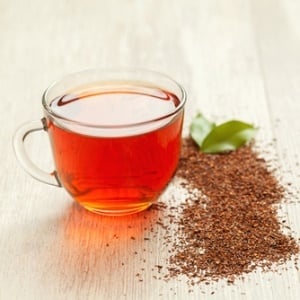
The news adds to a growing list of benefits that has linked tea and tea extracts, particularly the catechin, epigallocatechin gallate (EGCG) to reducing the risk of Alzheimer’s, certain cancers, as well as having a role in weight loss.
How the research was done
The new study, published in the June issue of the International Journal of Cancer (Vol. 118, pp. 3089-3094), adds to the body of science by considering the effects of tea drinking on cancer in the gallbladder and bile ducts, cancers that are described as “rare but highly fatal malignancies”.
The researchers, led by Ann Hsing from the US National Cancer Institute, assessed the demographic, medical and dietary histories of 627 people with bile tract cancers (cases), 1037 people with bile stones, and 959 randomly selected healthy controls.
The sample population was based in Shanghai, China, where the incidence of these types of cancers is reported to have increased in recent years.
Tea drinkers were defined as anyone who drank at least one cup of tea per day for at least half a year.
Men vs. women
“Among women, tea drinking was associated with lower risks of gallbladder and bile duct cancers and of biliary stones,” reported the researchers.
Specifically, women tea drinkers had associated reduced risks of gallbladder cancer, bile duct cancer, and bile stones of 44, 35, and 27 percent, respectively.
For men, no significant association was observed for tea drinkers and the relative risk of these conditions.
These results may have been affected, wrote Hsing and her colleagues, by the high number of smokers amongst the men, which may affect the incidence of these types of cancers.
“These findings add to the accumulating epidemiological evidence linking tea consumption with a lower risk of various cancers, particularly of the digestive tract,” said the researchers.
Mechanism unclear
The mechanism by which tea exerts a benefit is not clear, said the scientists, but “may involve anti-proliferative and anti-inflammatory properties of tea polyphenols, in particular EGCG”. The researchers also mention that a plausible explanation may be due to effects of EGCG on oestrogen biosynthesis and other hormonal processes, which may help explain the benefits observed in women and not men.
The researchers called for future studies to replicate these results in other populations, as well as focusing studies on elucidating the hormonal or other mechanisms involved.
Source: Decision News Media




 Publications
Publications
 Partners
Partners










